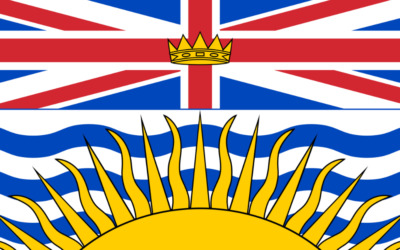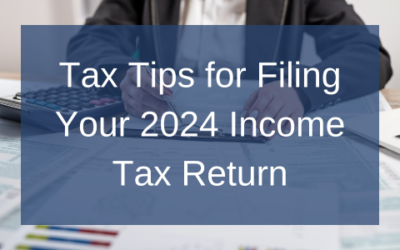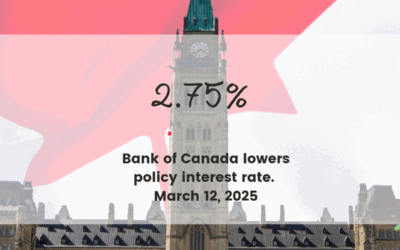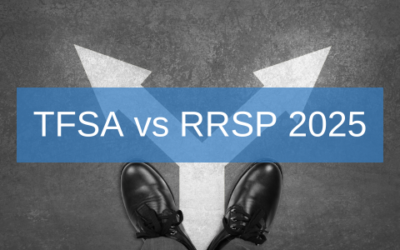Personal Life Insurance Planning
Wondering which type of life insurance is right for you? This article breaks down what each option covers, how it works, and what it’s commonly used for—so you can feel confident protecting your family’s future.
2025 Ontario Tax Rates
2025 Ontario Tax Rates – Get the latest provincial and federal tax rates, including marginal rates, capital gains, and dividends. Stay informed and plan ahead!
2025 British Columbia Tax Rates
2025 BC Tax Rates – Get the latest provincial and federal tax rates, including marginal rates, capital gains, and dividends. Stay informed and plan ahead!
Tax Tips for Filing Your 2024 Income Tax Return
Get ahead of tax season! Discover what’s new for 2024—from increased CPP contributions and Home Buyers’ Plan changes to key deductions and credits. Maximize your refund and avoid costly mistakes.
Bank of Canada Announces Interest Rate Cut Amid Economic Uncertainty
The Bank of Canada has cut interest rates to 2.75%, reflecting ongoing economic challenges and trade uncertainties.
Market volatility is normal, but staying disciplined and diversified helps manage risk over the long term.
If you have questions or concerns, please reach out—we’re here to help.
#BankOfCanada #InterestRates #MarketVolatility #FinancialWellbeing
2025 Canadian Controlled Private Corporation Tax Rates
Stay updated on 2024-2025 Canadian corporate tax rates for CCPCs. Small business rates start at 9%, active business varies, and investment income is 38.7%.
2025 Canada Money Facts
2025 Canada Money Facts – Get the latest TFSA, RRSP, FHSA, CPP, OAS, and RESP limits. Stay informed on savings, pensions, and benefits for the year ahead!
How Tariffs Affect Your Wallet: A Canadian Perspective on the US–Canada Trade War
The US–Canada trade war is hitting home, raising prices on everyday goods and shaking the economy. With tariffs on both sides, what does this mean for your wallet? Learn how trade policies impact your cost of living, investments, and financial future.
TFSA vs RRSP 2025
When looking to save money in a tax-efficient manner, Tax-Free Savings Accounts (TFSA) and Registered Retirement Savings Plans (RRSP) can offer significant tax benefits. The main difference between the two is that TFSAs are ideal for short-term goals, such as saving for a down payment on a house or a vacation, as its growth is entirely tax-free, while RRSPs are more suitable for long-term goals such as retirement. When comparing deposit differences, TFSAs have a limit of $7,000 for the current year, while RRSPs have a limit of 18% of your pre-tax income from the previous year, with a maximum limit of $32,490. In terms of withdrawals, TFSAs have no conversion requirements and withdrawals are tax-free, while RRSPs must be converted to a Registered Retirement Income Fund (RRIF) at age 71 and withdrawals are taxed as income.
Subscribe to our Blog









